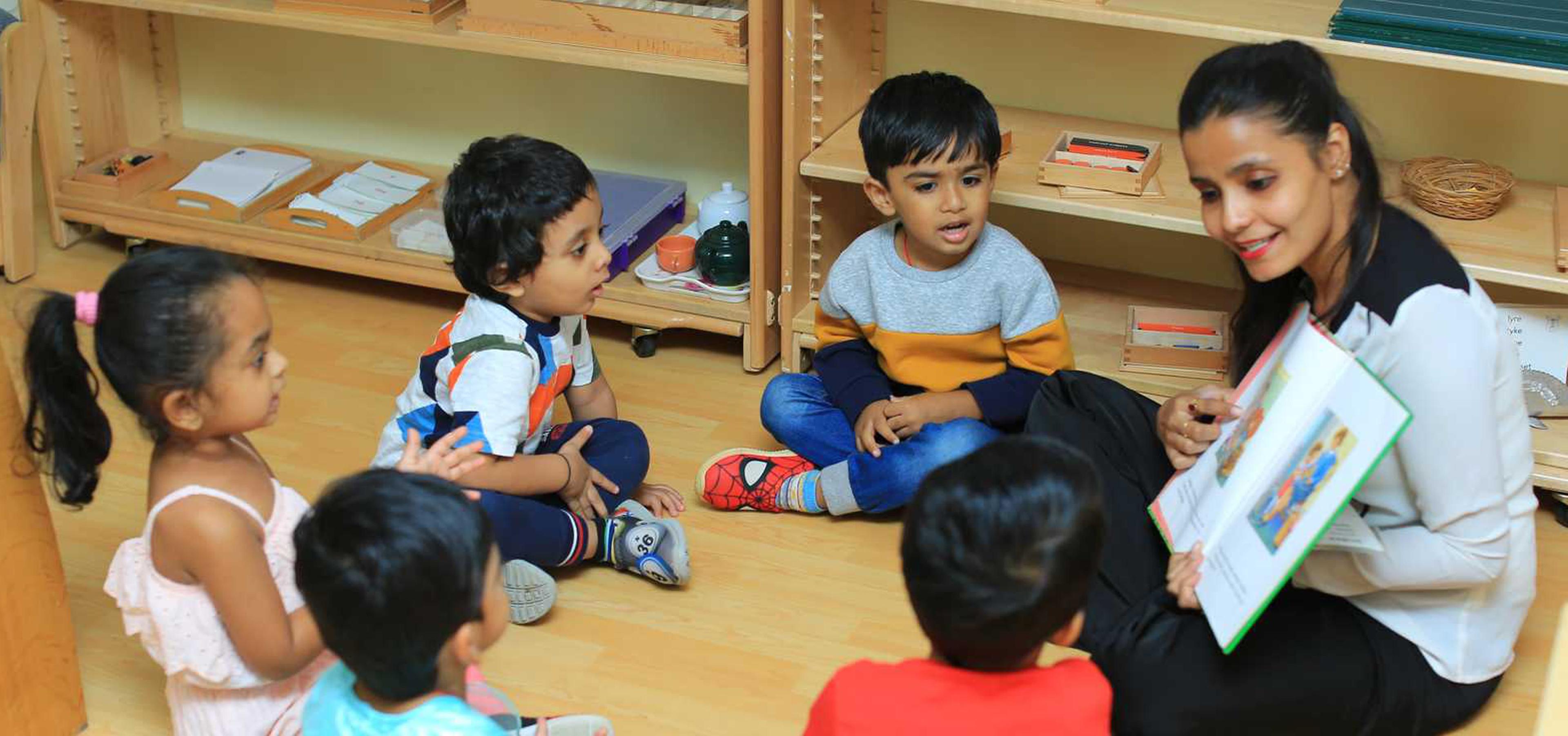Discipline is a topic that is of great importance in the Montessori approach. In a Montessori environment, the aim is not to control or punish children for their behaviour, but to help them develop self-discipline and a sense of responsibility for their actions. This is achieved through a combination of structure, guidance, and respect.
Montessori approach to Discipline
The Montessori approach views discipline as a positive force that helps children learn and grow. Discipline is not something that is imposed upon children from the outside, but rather something that arises from within themselves as they develop a sense of order and self-control. Montessori educators believe that children are capable of self-discipline and self-regulation when given the right environment and support.

Creating a Well-Ordered and Structured Environment
In a Montessori environment, the first step in handling discipline is to create a well-ordered and structured environment that promotes self-discipline. Children are given clear boundaries and expectations, and they are encouraged to follow them through consistent modelling and reinforcement. The Montessori environment is carefully designed to support children's independence and exploration, while also providing structure and limits that help them feel secure and in control.
Positive Guidance and Redirection
Montessori educators believe in the power of positive guidance and redirection. When a child's behaviour is off-track, the teacher will offer gentle guidance and redirection, rather than punishment or criticism. For example, if a child is playing too rough with a classmate, the teacher might say, "I see that you are really excited, but we need to play more gently with our friends. Let's try using our words to ask if they want to play with us." This approach helps the child to learn and develop a sense of responsibility for their actions, rather than feeling shame or embarrassment for misbehaving.
Respect for the child
Another important aspect of Montessori discipline is respect for the child. Montessori educators believe that every child is unique and deserving of respect, and that discipline should be handled with care and empathy. When a child is struggling with a behaviour issue, the teacher will take the time to understand what is causing the problem and offer support and guidance, rather than simply punishing or scolding the child. This approach helps the child to feel valued and supported, which in turn encourages them to take ownership of their actions and work towards positive change.
Fostering a Sense of Community and Cooperation
Finally, Montessori educators believe in fostering a sense of community and cooperation in the classroom. Children are encouraged to work together and help each other, which promotes a sense of responsibility and belonging. When children feel like they are part of a community, they are more likely to be motivated to follow the rules and work towards positive behaviour.
In summary, Montessori handles discipline through a combination of structure, guidance, and respect. Children are given clear boundaries and expectations, and are encouraged to develop self-discipline and a sense of responsibility for their actions.

